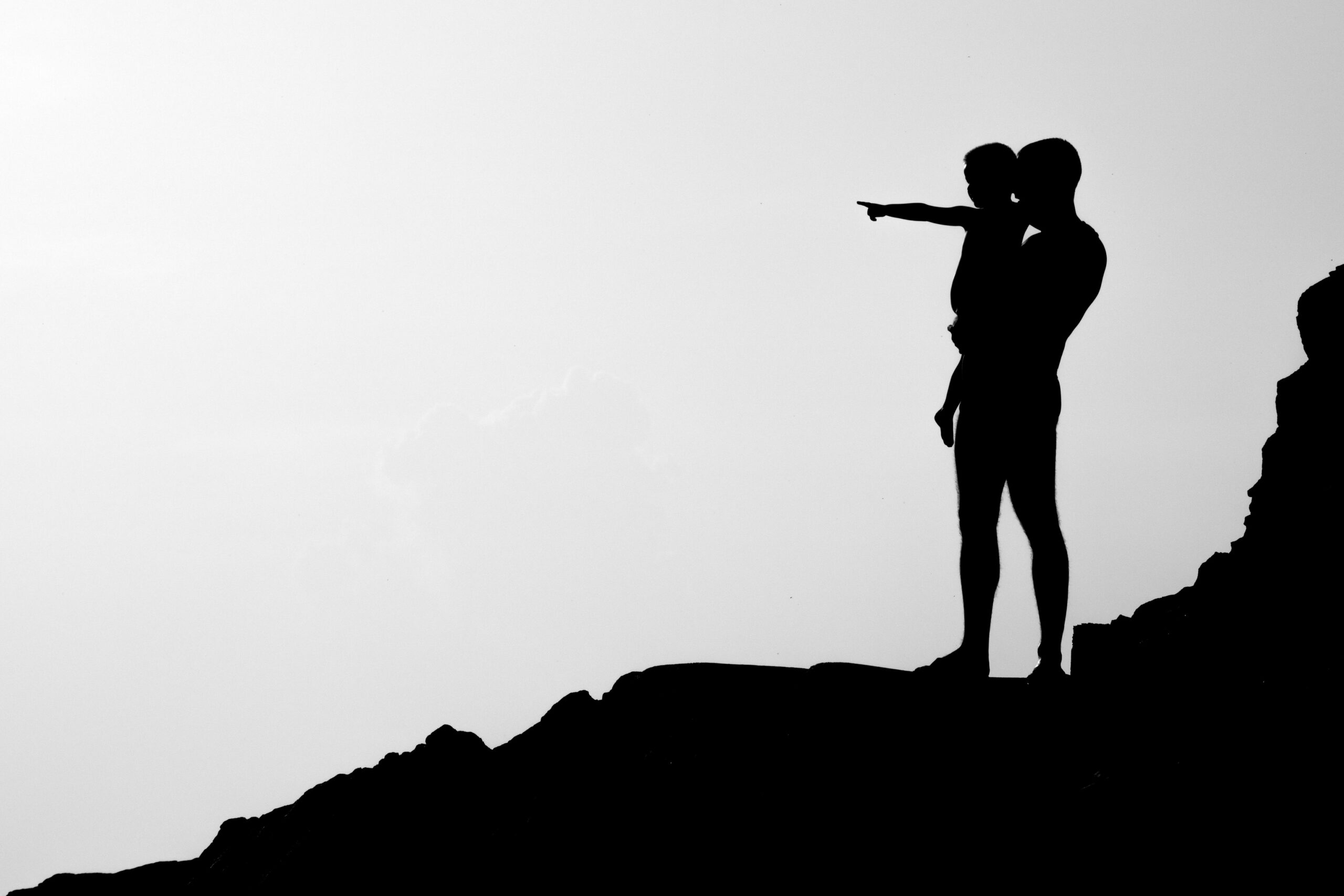“What does marble think when it’s being sculpted? It thinks, ‘I am struck, insulted, ruined, lost.’ Life is sculpting me. Let it finish its work.”
The ancient myth of the spouses Orpheus and Eurydice has a time-honored and immemorial place in the arts, in literature, and during the twentieth century in the cinema, where Jean Cocteau put to use his pullulating and vibrantly artistic mind to make Orpheus, one of his greatest films. This is a dreamland that adheres to its own logic and makes for itself a playground of the mind, heavy with symbolism and mythological parallels. It is also a great entertainment.
With his heavy-browed and smoldering good looks, Jean Marais balances in the palm of his hand the weightless dreaminess of the film and the grounded, contemporary reality of its setting; shifting so that the seriousness of this story of life-and-death consequences and its farcical revisionism turn into parts of an amusing and irreverent whole, he hides beneath all that grim poet’s intensity as though concealing a real glee. This is discernable especially when he returns from the underworld and has to confront, after all the travail of his life as a poet (in front of and behind mirrors), chasing the last embers of his glory while fending off the bohemian rabble of the Café des Poètes, the grim prospect of a lifetime of having to look away from his wife’s benignly angelic face. This is the myth of Orpheus and Eurydice indeed, but taken to a risible modernity of drawing rooms, staircases, and second-story windows from which one can descend by ladder.
This lightness of a modern myth combined with a poet’s intensity and style is what Jean Cocteau exploited in many different forms of art, but in the cinema especially with a verve and control that makes his oeuvre one of the most interesting—and avant-garde—of the twentieth century. Characteristic of his films is that he uses the dreamlike quality of the cinema to create his own kind of world governing a dream-logic to which he subjects his characters—often cruelly but never without a sense of style, verve, and playfulness. His poetic writing, which teems in Orpheus like smoke from the boiler room of a runaway train, is something to behold; some of the greatest and most quotable dialogue that I’ve ever heard is from Orpheus, such as the quote above uttered by Orphée himself, or that of the deathly and ambivalent Heurtebise to Orphée: “I am letting you into the secret of all secrets, mirrors are gates through which death comes and goes. Moreover if you see your whole life in a mirror you will see death at work as you see bees behind the glass in a hive.”
Cocteau’s fault, as well as his strength, is that he is shallow and insubstantial as a filmmaker, letting his style and verve push out the more bread-and-butter elements of most so-called great filmmakers: depth of character, emotional subtlety, and a more penetrating look at the complexities of ordinary, everyday life. His use of a contemporary postwar Paris is interesting, and the film refers to the parallels between the story and its setting—such as that between the radio cryptograms to which Orphée becomes attached and those of the Free French, which sent them to the Resistance—but any more probing of such human emotions as fear and love is sidelined by the mythological framework, the excellent special effects, and a fascination with the medium itself. And so Orpheus is stylish and sumptuous and authentic and well-made, ingenious and ahead of its time, but never moving, never as emotive or profound as its use of mythology would lead one to expect.
It is suggestive of the kind of artist Cocteau presented to the world that one of his best films, Orpheus, remains a crucial cinematic landmark of its time while never breaking out of the past by moving into the annals of the more memorable and timeless masterpieces of the twentieth century. Unlike the changeless immortality given by The Princess to the flailing and at last salvaged Orphée, Orpheus is, and will forever be, a pristine and shining twentieth-century work that might have profitably borne more human turbulence.


